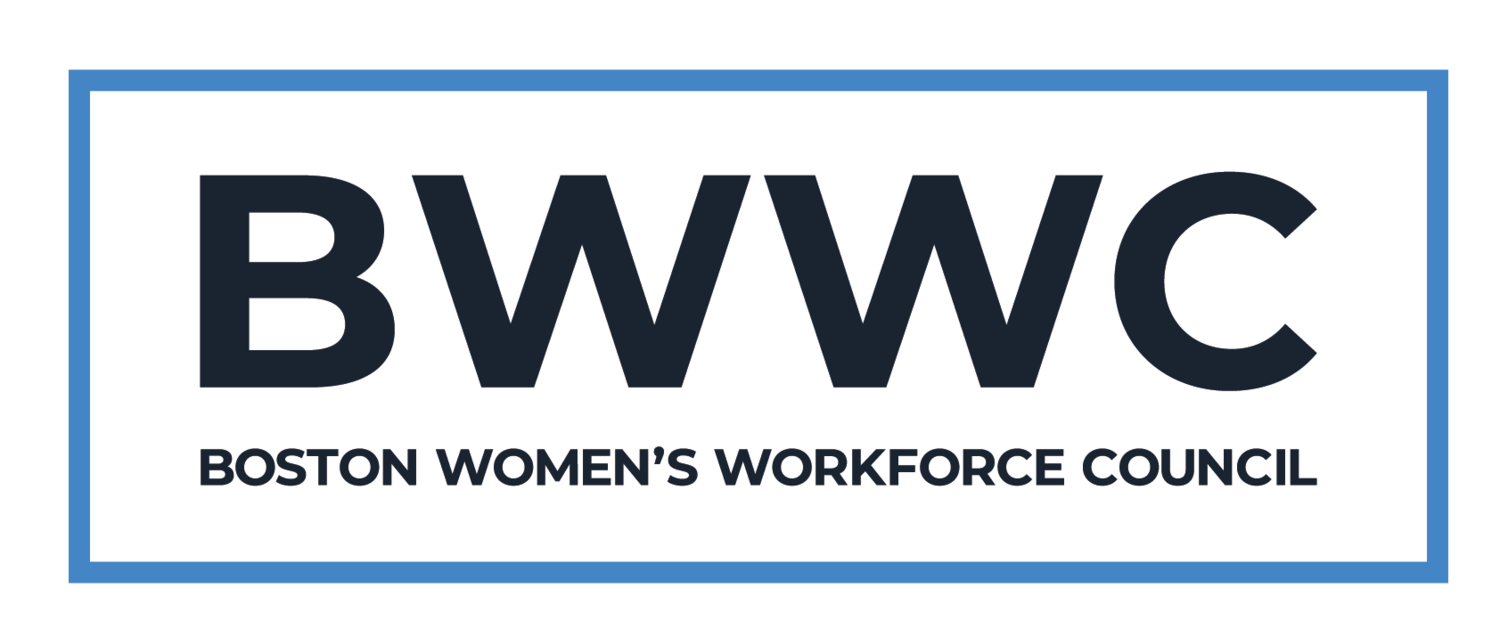Signer Spotlight - February 2018
Joanne Hilferty, President & CEO, Morgan Memorial Goodwill Industries
1. MANY PEOPLE ARE FAMILIAR WITH THE GOODWILL STORES, BUT FOR THOSE WHO AREN’T ALREADY AWARE, CAN YOU GIVE US AN OVERVIEW OF THE HOW MORGAN MEMORIAL GOODWILL INDUSTRIES ADVOCATES ON BEHALF OF DISADVANTAGED PEOPLE FROM MANY DIFFERENT BACKGROUNDS?
Goodwill’s mission is to help individuals with barriers to self-sufficiency to achieve independence and dignity through work. Since its founding in the South End of Boston in 1895, Goodwill’s focus has been on helping individuals get the support and training they need to enter the workforce in order to be able to support themselves and their families.
We work with populations that face many challenges – individuals with physical and cognitive disabilities, individuals with low educational attainment, immigrants with limited English, mothers transitioning off welfare, the long-term unemployed, veterans, and so many more. We offer job training which involves, in many cases, on-the-job training in the social enterprises we operate, including working in the 12 Goodwill Stores and cleaning 7 million square feet of government offices. In addition, we operate Boston Career Link, a one-stop career center, that connects job seekers and employers. Last year, we served 7,700 individuals and documented placements of 1,117 job seekers.
2. WHY WAS IT IMPORTANT TO YOU THAT MORGAN MEMORIAL GOODWILL INDUSTRIES SIGN THE 100% TALENT COMPACT?
Goodwill has been a longstanding workforce development provider advocating for access to jobs and equitable pay for a broad spectrum of individuals who have difficulty accessing the workplace. The discussion of pay equity has often focused on professional and leadership positions, which is important. Yet, pay equity is a tremendous issue for those at the lower end of the pay scale. More than 33 percent of female-headed households are living in poverty. Lack of pay equity makes it even more difficult for these women to move out of poverty and provide a positive future for their children.
3. MORGAN MEMORIAL GOODWILL INDUSTRIES WAS RECENTLY NAMED A TOP 100 WOMEN-LED BUSINESS. WHAT HAS YOUR EXPERIENCE AS A FEMALE CEO BEEN LIKE?
I am proud that Goodwill has been recognized for the last four years as a Top 100 Women-Led Business. As CEO for more than twenty years, I have been committed to the representation of women at leadership levels and, at this time, 3 of the 5 executive team members and 7 of the 15 board members are women.
4. WHEN IT COMES TO CELEBRATING DIVERSITY AND GIVING EVERYONE A CHANCE, WHY IS CULTURE CHANGE JUST AS IMPORTANT AS POLICY OR REGULATION?
Policy and culture change are both important in giving everyone a chance to enter and succeed in the workplace. Policy may make it easier for an individual to be hired, but culture influences whether that individual is able to be successful and feel valued in the work environment. The most successful workplaces in an increasingly global economy are those that welcome and celebrate everyone on the team.
5. WHY IS DIVERSITY, AND NOT JUST GENDER AND RACIAL DIVERSITY BUT DIVERSITY OF ABILITY, SOCIO-ECONOMIC STATUS, ETC. IMPORTANT IN A WORKPLACE?
As the leader of Goodwill, I work every day with individuals who face barriers but are working hard to be able to enter and contribute in the workplace. It could be a young person with a developmental disability who is completing an internship program we have with Spaulding Rehabilitation Hospital or a mother of six who is looking for a job with growth potential after a long period of unemployment. These individuals are customers, taxpayers, and dedicated members of our society.
The businesses we work with recognize that hiring individuals with diverse backgrounds strengthens their organizations and enhances their relationships with and understanding of their customers. Last year, more than 134 employers recruited on-site at Goodwill, including companies like Bank of America, Beth Israel Deaconess Medical Center, Delta Air Lines, and the Massachusetts Convention Center Authority. They did so because Goodwill provided them with access to a diverse, talented, and committed pool of job seekers.
With low unemployment and significant vacancies limiting business growth in the Greater Boston area, embracing diversity is a way to access the potential of all individuals who want to work and contribute to the economy.

